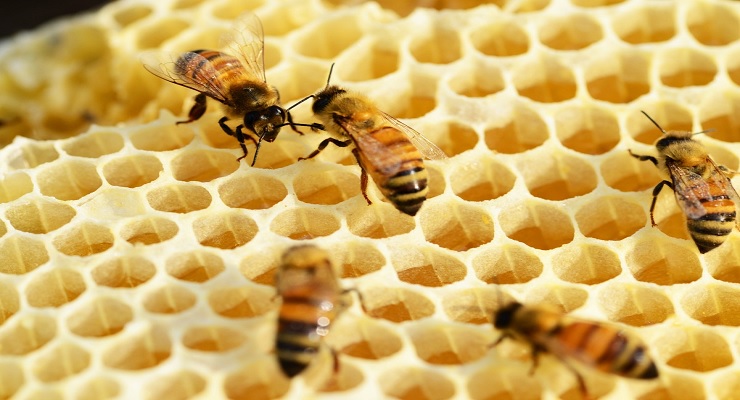
Democracy is not unique to human societies. Democratic practices are tightly woven into the very fabric of nature and guide the behavior of several animal species. In fact, we can learn a lot about democracy by studying natural democratic systems. The latest write up that caught our attention on this subject comes from William Brennan, a former associate editor writing at The Atlantic:
A growing body of research, however, suggests that animals may offer political lessons that are more than allegorical: Many make decisions using familiar political systems, from autocracy to democracy. How these systems function, and when they falter, may be telling for Homo sapiens.
As in human democracies, the types of votes in animal democracies vary. When deciding where to forage, for instance, Tonkean macaques line up behind their preferred leader; the one with the most followers wins. Swans considering when to take flight bob their heads until a “threshold of excitability” is met, at which point they collectively rise into the sky. Honeybee colonies needing a new home vote on where to go: Thomas Seeley, a Cornell biologist, has found that scout bees investigate the options and inform the other bees of potential sites through complex “waggle dances” that convey basic information (distance, direction, overall quality). When a majority is won over by a scout’s campaign, the colony heads for its new home.
Click here for the full story from the Atlantic. It’s surely a fascinating topic of discussion. There are many social species and many, like termites or ants, who live in colonies of millions. How can we learn from other species in the area of governance?
The democratic nature of any group of individuals is revealed by how the group goes about legitimizing leadership and the existence of collective-decision making mechanisms. The incredibly fascinating social attributes found in nature are a reminder of the simplicity of the basic concept of democracy as a system of decision making. A male chimpanzee can only win the right to be leader of his community if he gains popular support from the social group of up to 150 individuals. If chimps can operate their lives based on the will of the entire group, what is to be said of humans who are supposedly intelligent and rational beings? Are we doing any better?
Leave a Reply